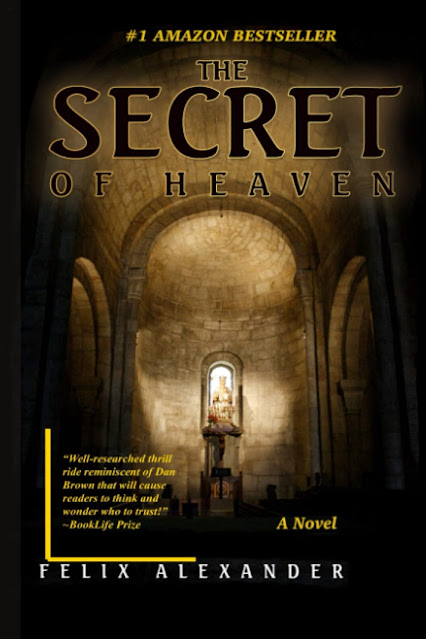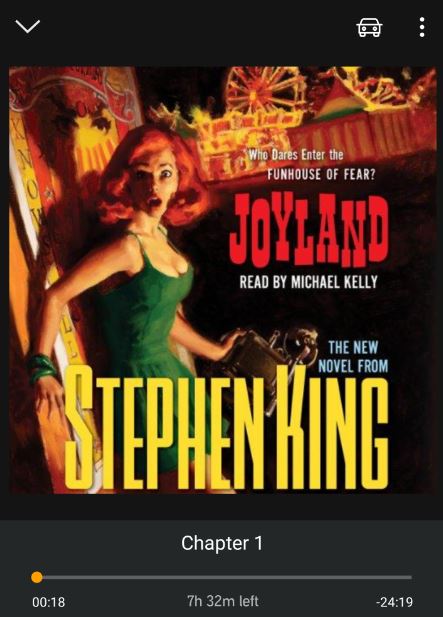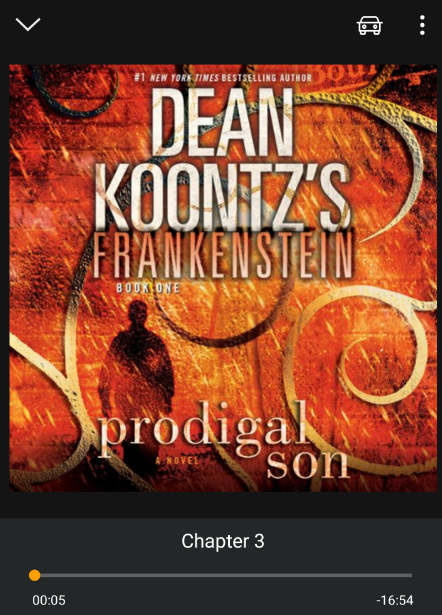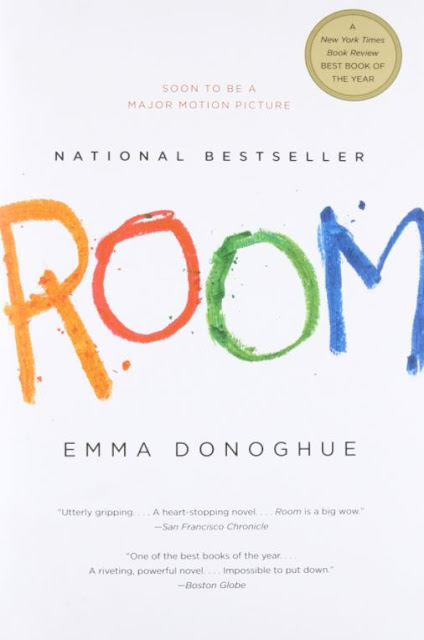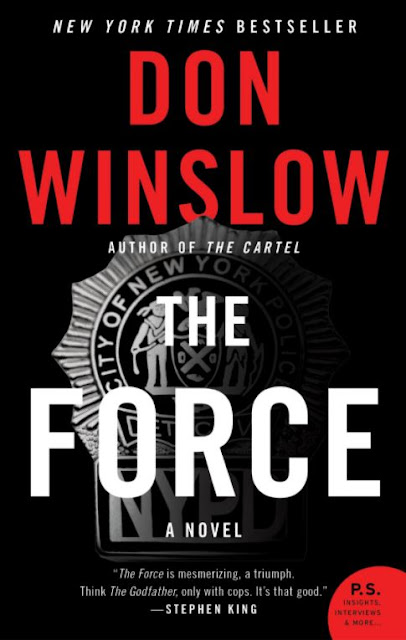Happy Friday! Today we’re discussing, “Black Hills” by Nora
Roberts—a romance, you probably thought I didn’t have a romantic bone in my
body, dear internet stranger. That’s just hurtful, and untrue, I have
exactly one. Okay, so sometimes this book is labeled as suspense or
thriller, but I’d argue it’s of the subgenre romantic suspense/thriller.
***The Non-Spoiler part of this review***
What I love about
this book:
It’s not just a romance—but then again nothing probably is—even
“The Notebook” has interesting introspection on aging and disease and their
effects on love, at least in the subtext. Well, let me rephrase that nothing is
probably just a romance story that ignores all other facets of life, and is
worth reading. Because then it would miss the whole point of love in general,
which is to build a life together—not be a perfume commercial. I know it’s off-topic,
but can we take a second to realize just how profoundly weird perfume/cologne
commercials are? Why is the camera always at an odd auteur angle? What is up
with all the complex messaging when the basic principle is spraying this on
yourself will make you smell good.
I also like that the setting during the main action of the
story is a wild animal rescue in South Dakota, only because I love animals. It
does break up from the monotony of the reliable coffee shop, but the wildlife
refuge is still comfortably close to the old romance standby of the rural,
ranch, romance story as I like to call them. Don’t believe me? Do a quick
search for best cowboy romance books, and you’ll find a list on Goodreads that
is three hundred and eight books long—as of today. Trust me, that probably
isn’t even in the right order of magnitude to list all of them either.
Finally, and this is a small point, but there is a mention
of Tetris for the Gameboy at the very beginning of the novel, and based on the
timing of when the plot takes place, it took some research by the author to
explain how Coop had the game. It’s one of those small details that I’m sure
most readers just gloss over, but since one of the many things I’m nerdy about
is video games, I really appreciated the attention to detail here.
What I don’t love
about this book:
Coop as a leading man is a lil bit rapey. Let me make this
clear—Coop, isn’t a rapist, doesn’t even do anything that could be considered
rape, but he does say and do a few uncomfortable things. It’s played as
confident and assertive, but in a romantic situation, there’s a fine line
between those qualities and being demanding and forceful.
As good as the research is for this book, it does
anthropomorphize the wild animals a bit. This is forgivable since it’s fiction,
not nonfiction—but still, I find the “motivations” of some of the big cats
described in the novel as a bit hoaky just short of eye-roll territory.
There is also a tendency in this book to slow the pacing of
the plot down for a lot of dialogue. Characters don’t just feel emotions, they
discuss them, which is a healthy thing to do—but then they discuss them again,
and possibly again from a slightly different angle. Also, neither of the main
characters is excellent at giving each other the benefit of the doubt. So there
are a lot of moments where I find myself thinking if just one of you could stop
being terrible for a moment, you’d probably remember why you loved each other
in the first place.
***The Spoiler part of this review***
***Ye be warned to turn back now***
The quick and dirty
synopsis:
Cooper Sullivan, Coop, is sent from New York City to the
Black Hills of South Dakota to spend a summer with his grandparents, and
clearly, from his preteen point of view, his life is over. Dramatics aside, it
turns out to be an excellent experience for him, and he meets a girl his age
that everyone calls Lil, whose destined to be more than just a friend—even
though sullen Coop doesn’t recognize that at first.
Over the years, Lil and Coop grow up together, as he visits
his grandparents more and more during the summers, they share a love of the
outdoors—one that Lil always had, and fostered in Coop. The two eventually fall
into that sort of intense, all-consuming, dramatic love only late-stage horny
teenagers seem to experience and even consummate their relationship. Soon
after, though, they discover the body of a murdered woman just off a trail in
the Black Hills, which puts a sour note on the end of Coop’s time visiting.
They say their goodbyes, promises of calls, and “I’ll miss yous” are had, and
then Coop drives off on his motorcycle.
The story jumps forward from there by about a decade, and it
turns out Lil and Coop aren’t together. She went on to become a wildlife
researcher, earned her doctorate, and even followed her dream to open her very
own wildlife refuge, complete with a full staff. Coop, on the other hand, spent
his time trying to win the approval of his shitty father, he doesn’t, and
following his sorta dream of, “being someone,” which took the form of becoming
a cop in NYC, and ended when he was shot and his partner was killed. He did a
stint of owning his own business of being a private investigator but ultimately
ends up selling it and moves back to South Dakota to take care of his aging
grandparents, and run their horse ranch.
The two former flames, of course, run into each other, and
sparks immediately start to fly, the angry, resentful kind, not the sexy
ones—not at first at least. Then the murder plot resumes, and that woman they
found as kids, well apparently she was killed by a serial killer, and he
strikes again. He murders some poor family man out on the trail for no better
reason than he was there, and the killer sees himself as the descendant of
Native Americans and sees the man as an interloper. He also kills a cougar,
because he’s also a colossal dick, and gets it in his head to murder Lil.
Coop swings into action and takes it upon himself to take responsibility
for security at the wildlife refuge and personally bodyguard Lil, a decision he
unilaterally comes to without even consulting Lil, who is less than thrilled.
This trait it would seem is the central crux of why Coop and Lil’s first
relationship didn’t work out, he’s really big on making decisions for everyone.
In the end, the serial killer manages to kidnap Lil to “the
most dangerous game” her out in the woods. His plan to hunt her as human prey,
however, goes awry when Coop let’s out the cougar that lives at the wildlife
refuge—a cat that loves Lil, and it mauls the serial killer to death. The two
lovers reconcile, and it’s happy-ish ever after.
Analysis:
Overall, I like this story, it’s a comfortable read—it’s
romantic at times, a cozy mystery at others, and then ratchets up at the end of
the novel for a brief bit with the whole kidnapping scene.
I do find myself coming down more on Lil’s side of the whole
romantic argument, which is the central trunk of this entire story. I’m a
little suspicious of my own position, though, for it occurs to me, I may be
biased because I do tend to like women, in general, a little more than flawed
alpha males. I wouldn’t go so far as to reduce Coop as nothing more than an alpha
male stereotype, but overall, I don’t like him as much between the main
characters. He does do some rather unlikeable things. First off, he’s the one
who unilaterally decided to break off their first relationship to “protect” Lil
instead of having a reasonable conversation about each of their goals and
dreams, and what challenges they would have to face together. Thus robbing her
of any agency in the relationship. Then when he whirlwinds his way back into
Lil’s life, he’s very forward about his intention to sleep with her, in words
and actions. At another point, Lil is stressing about something at the refuge a
little too much, and he thinks she needs to get some air. How he ends up
approaching that conflict—because she doesn’t want to go anywhere—is to pick
her up bodily and carry her out of the building cro-magnon style. I guess
thankfully, he didn’t drag her by her hair.
So Coop has a lot of room to grow throughout the novel as a
person. Does he? That’s debatable. He adjusts at the very least.
Lil is far more likable, she’s energetic, self-motivated,
and intelligent—she is a doctor that saves animals after all. However, a
likable and an interesting character are two different things. She is
essentially the same person at the beginning of the novel as she is at the end
of the novel, which is fine for major and minor characters but is less so in
one of the protagonists. Coop, while often a screwup, can, at the very least,
be described as less sullen at the end of the novel. Also, screwups are
entertaining. They create situations, problems, and conflicts for characters to
work through.
I’ve focused nearly all of my analysis on the two
protagonists because, in a romance story, the goal of the story is to be an
intense character study on the characters in the romance. The plot in such a
story needs to do two things, don’t distract too much from that theme, and
don’t do anything so jarring that it takes the reader out of the story
completely. In other words, they tend to error toward plausibility rather than
originality. “Black Hills” does a fine job of this. The only part that almost
took me out of the story was when Coop uses the cougar to save Lil, and even I
would have to admit that moment is earned. The author sets up the possibility
of it when she describes Lil’s relationship with the cat, and how long she’s
known the cougar, and their special bond, so on. The fact that probably isn’t
how mountain lions work is irrelevant since this is fiction, and you should
expect to have to suspend your disbelief at times.
Parting thoughts:
I think I’m so hard on Coop because some aspects of him remind
me of myself—a younger, less flattering version of myself. I also was prone to
self-martyrdom, or at least the perception of it, and instead of considering
things in a broader context, like an adult, I would couch my behavior and
thoughts in noble sacrifices or equally pretentious drivel.
When we meet Coop, he’s sullen, which is understandable, his
parents are splitting up—but I too have experienced depression, and while it
was understandable why I was depressed, the fact it was understandable didn’t
make me anymore pleasant to be around. Coop obviously has the defense he was a
child in the beginning, but he obviously carries that into his adulthood as
well. You want to know a short cut in life to find out who really loves you or
is your friend? The people who listen to you complain about the same thing for
not just the ninth time, but the nine hundredth time. That’s advice both he and
I could have really used in an earlier time in our lives instead of this, go it
alone nonsense. I’m straying from the topic—but people who are depressed, in my
opinion, need two things more than anything else, patience and understanding.
Leave the helpful hints, tricks, and suggestions to break a depression to the
therapists, who I also firmly believe depressed people should see.
Shifting gears so that I can leave all six of you on
an interesting note, instead of an introspective note about mental illness, a
detail this novel brings up about cougars—aka. Mountain lions—is that they
don’t roar. They scream—and it is one of the most god damn nightmarish sounds
I’ve ever heard. So here’s a link, and we can have nightmares about it
together! Doesn’t that sound like fun? I think it sounds like fun. Go on. Do
it. CLICK ON IT!

